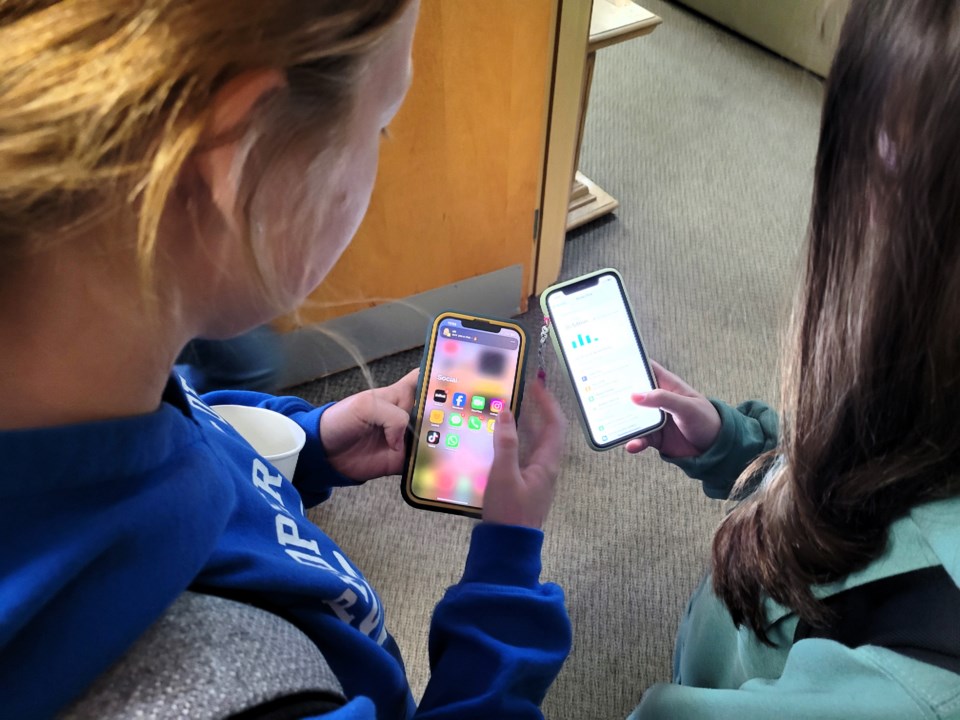Over recent years, it has become much more common, bordering on universal, for students to come to school carrying devices that are designed to distract.
What could go wrong?
In the big picture, of course, every generation of educators has its challenges, but one main one this time around involves electronics.
In March, four large Ontario school boards sued the makers of Facebook, Instagram, Snapchat and TikTok for $4.5 billion.
"The widespread and compulsive use of the Defendants’ products has consequences beyond harms to the individual users," the Toronto District School Board's statement of claim charges. "It has fundamentally changed the learning and teaching environment at TDSB schools, and affected the student population, administrators, educators, staff, and other members of the TDSB community."
The courts will wrestle with this at their usual stately pace, but in the meantime, how should schools address phone use?
That was the focus of an online poll over the last week.
About half thought phones should be totally banned from school, about half thought phone use was fine during breaks, and almost nobody thought it shouldn't be regulated at all.
Men were somewhat more inclined to a complete ban than women:
The older the reader, the more they favoured a complete ban, with the interesting exception of under-30s:
Differences by party are there, but not very sharp:
Interestingly parents with kids under 18 are much more tolerant, though not to the point of not having any rules. This is the group of readers closest to the secondary and elementary pupils we're discussing regulating, so this is perhaps significant:
Level of education makes little difference:
People who favour the legalization of cannabis are less inclined to a total ban:
While people who say that hockey violence should be met more often with criminal charges are more inclined to a phone ban:
Public and separate school graduates had quite similar results:
I had a theory that readers with a more traditionalist cluster of views would tend more toward a complete ban, but that turned out not to be the case:
